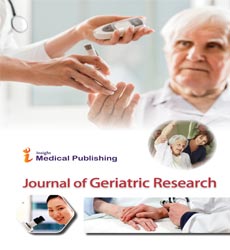Some effects of music therapy after autologous stem cell transplantation in living beings
Abstract
The notion that music can influence your thoughts, feelings, and behaviors probably does not come as much of a surprise. If you've ever felt pumped up while listening to your favorite fast-paced rock anthem or been moved to tears by a tender live performance, then you easily understand the power of music to impact moods and even inspire action. Music therapy may be a viable nonpharmacological method of pain management for patients undergoing ASCT. In fact post-transplantation of stem cell transplantation involves pain and nausea, and its treatment can be physically and psychologically challenged, with many side effects that can be painful, uncomfortable, and sometimes difficult, which takes us to the use of challenging alternative methods to see if there would be helpful positive effects on the treatment.
The notion that music can influence your thoughts, feelings, and behaviors probably does not come as much of a surprise. If you've ever felt pumped up while listening to your favorite fast-paced rock anthem or been moved to tears by a tender live performance, then you easily understand the power of music to impact moods and even inspire action. Music therapy may be a viable nonpharmacological method of pain management for patients undergoing ASCT. In fact post-transplantation of stem cell transplantation involves pain and nausea, and its treatment can be physically and psychologically challenged, with many side effects that can be painful, uncomfortable, and sometimes difficult, which takes us to the use of challenging alternative methods to see if there would be helpful positive effects on the treatment.
Open Access Journals
- Aquaculture & Veterinary Science
- Chemistry & Chemical Sciences
- Clinical Sciences
- Engineering
- General Science
- Genetics & Molecular Biology
- Health Care & Nursing
- Immunology & Microbiology
- Materials Science
- Mathematics & Physics
- Medical Sciences
- Neurology & Psychiatry
- Oncology & Cancer Science
- Pharmaceutical Sciences
